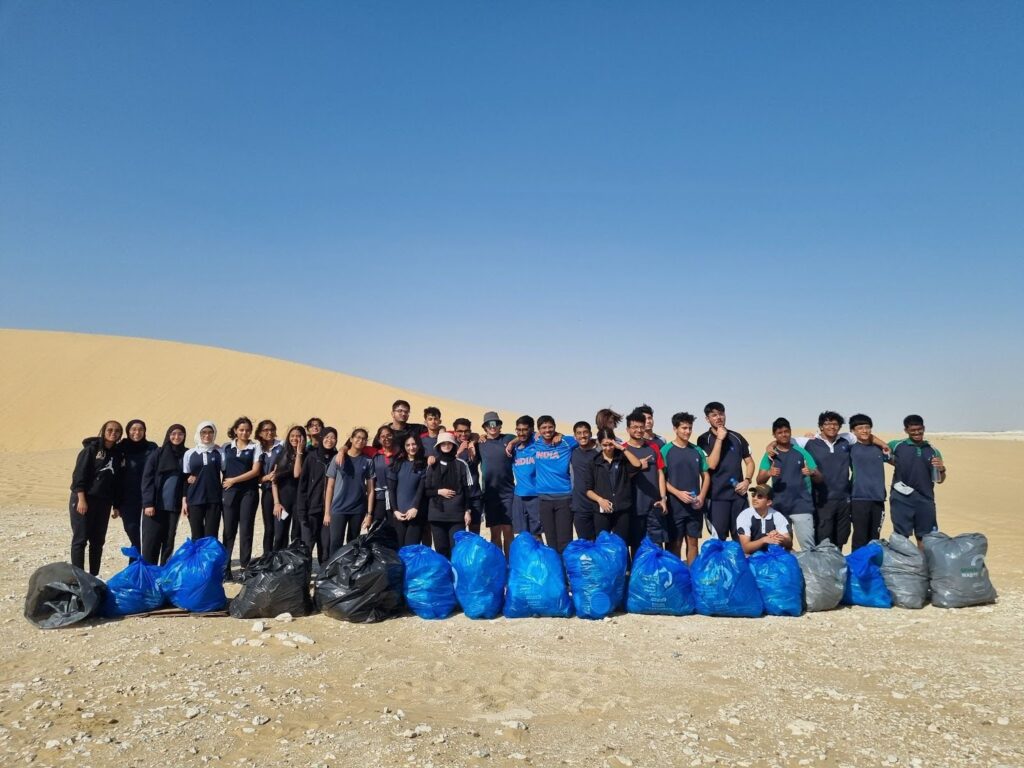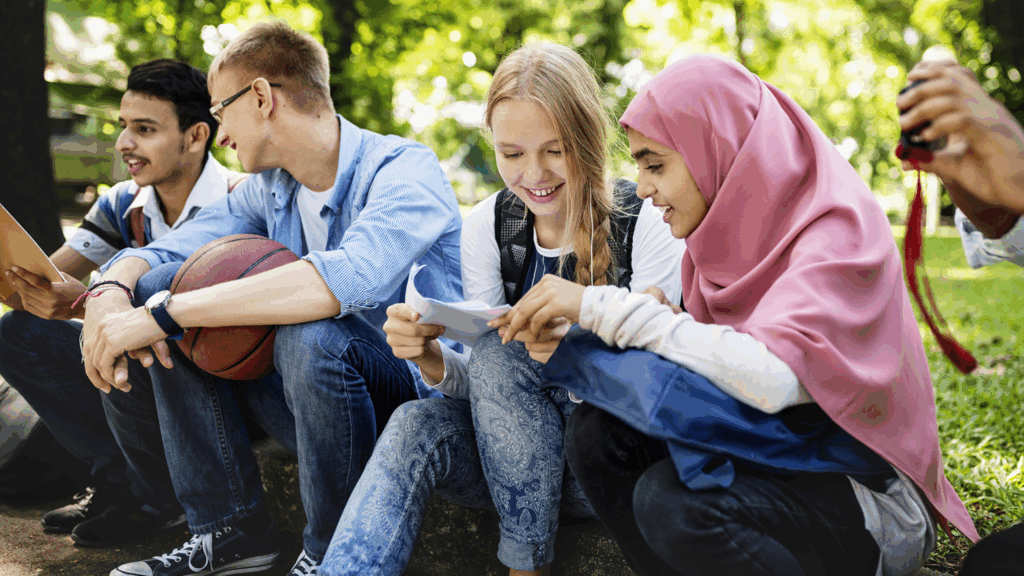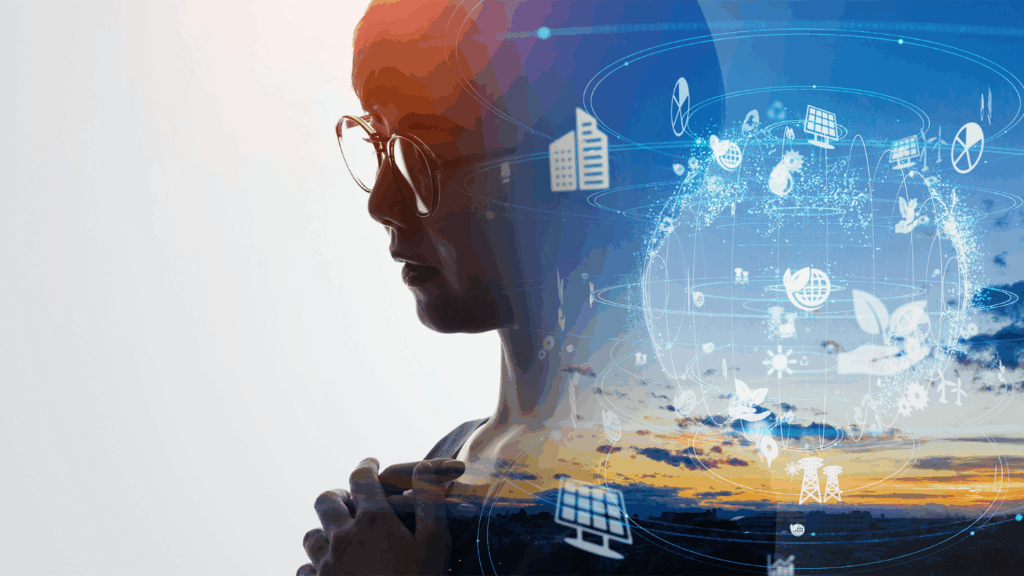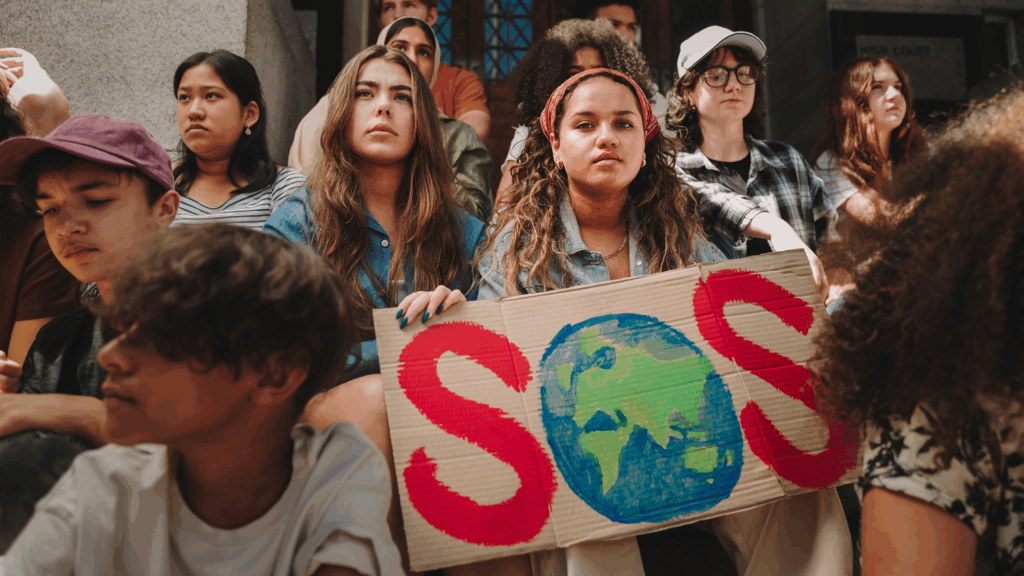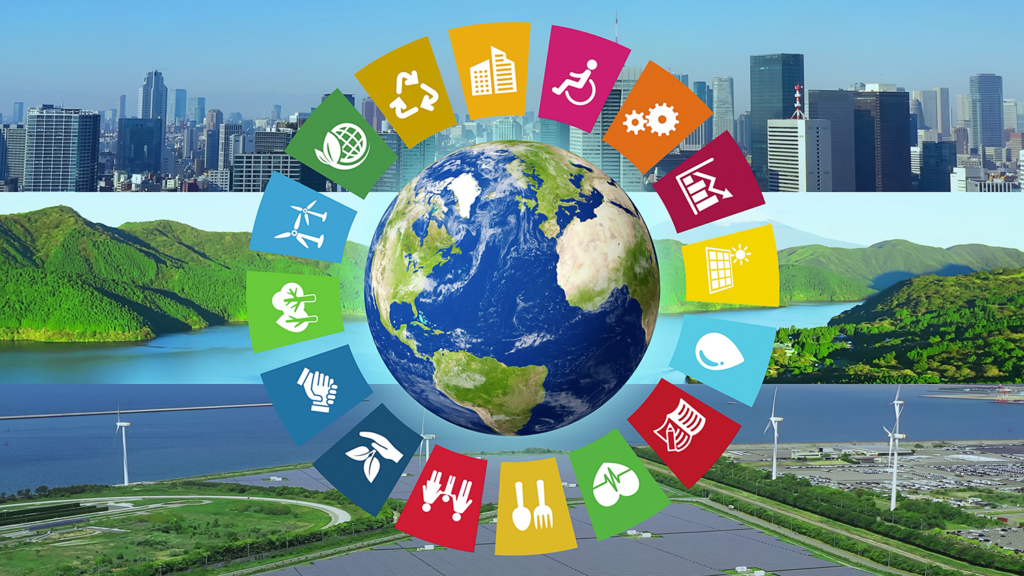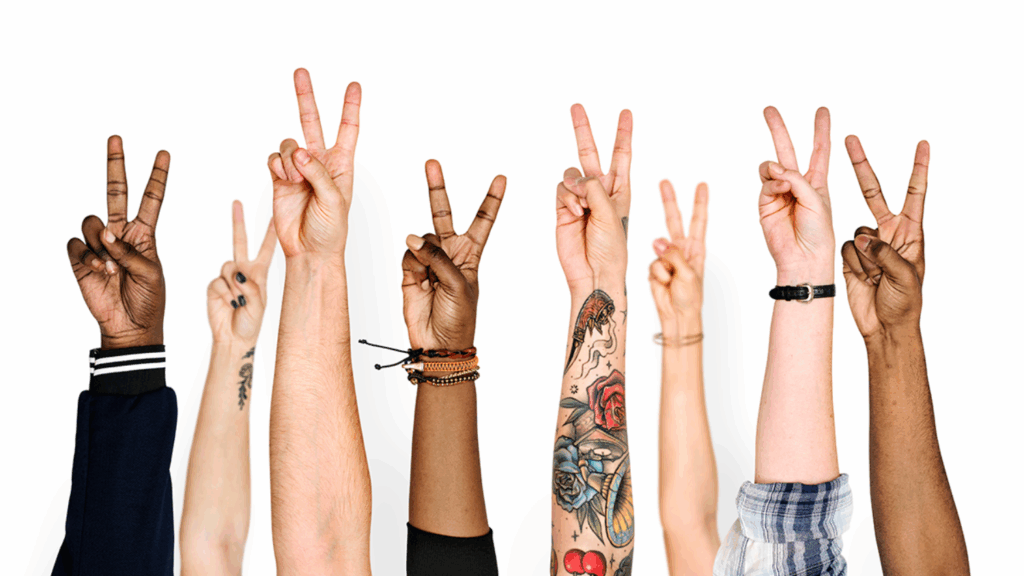“When all is said and done, the only change that will make a difference is the transformation of the human heart”.
- Peter Senge
If the only change that makes a difference is the transformation of the human heart, how do we as educators respond? How might we guide the next generations to change from the heart? In this article, we’ll dive into what this acclaimed thought leader, whose work centers on promoting a shared understanding of complex issues and shared leadership for healthier human systems, means by this powerful quote and its connection to how we nurture the changemakers of today.
We live in a rapidly changing, complex world, and the challenges on our planet are undeniable, from our Triple Planetary Crisis of climate change, pollution and biodiversity loss, to major societal issues such as widespread poverty and war. Worldviews are becoming increasingly polarised, causing social fragmentation and increased animosity.
Supporting young people to learn the knowledge, skills and qualities to work alongside community partners towards positive change is crucial. Many schools are well connected with these issues and this pressing need; however, educators are struggling to encourage students to approach service and community engagement from their hearts. Students can be more driven by competitive university applications rather than their heart-centered values and passions.
Change starts within
We believe the first step is looking inward. Without self-awareness, even well-intentioned efforts for change can carry unintended baggage. This reflective starting point aligns with the “BEING” dimension of the Inner Development Goals (IDGs) and sits at the heart of Be The Change by Orenda Learning. Senge’s “human heart” refers to the core of a person’s being — their values, their deepest motivations. If we are to move towards collective wellbeing, we need to align these inner drivers with the greater good of people and planet — through compassion, empathy, kindness, and altruism.
And what does that look like in action? It means embodying these values in the choices we make, the relationships we build, and the way we show up in the world. For example, someone who has made this shift may spend their time offering support to others by volunteering at a local charity. Or listening with empathy to a friend who is having a hard time and letting them know they are heard and supported. Not every heart needs to change; some people already live from this place, and you can see it in what they do.
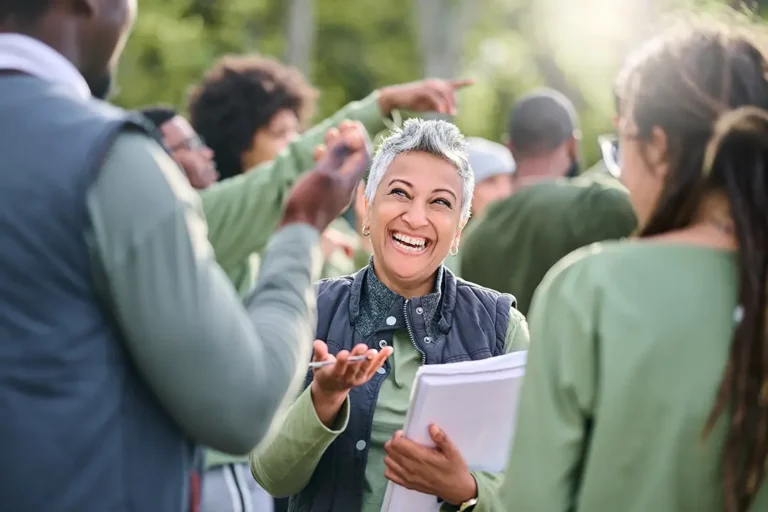
Compassion and Empathy
Compassion and empathy are not just “soft skills” — they are core changemaker capacities that allow young people to act with integrity, see the bigger picture, and avoid burnout. Compassion and empathy are the ‘bridge’ skills from internal to external. If we aren’t kind to ourselves, it is very difficult to show genuine kindness to others, for example. So teaching and learning these skills is really where we can make a difference in the education of the heart. When we all learn how to stay in the heart when faced with challenges, opposing views and just overwhelm - we can pull others towards compassionate action - without browbeating, force or guilt.
It is important, especially as educators, to acknowledge that compassion and empathy are skills that can be learned - one does not have to be born compassionate or empathetic. A thought-provoking article from the Association for Psychological Science, which is included in Be The Change, states that in response to the questions: ‘Can compassion be trained and learned in adults? Can we become more caring if we practice that mindset?' Helen Weng, lead author of the study and a graduate student in clinical psychology, responds, “Our evidence points to yes.”
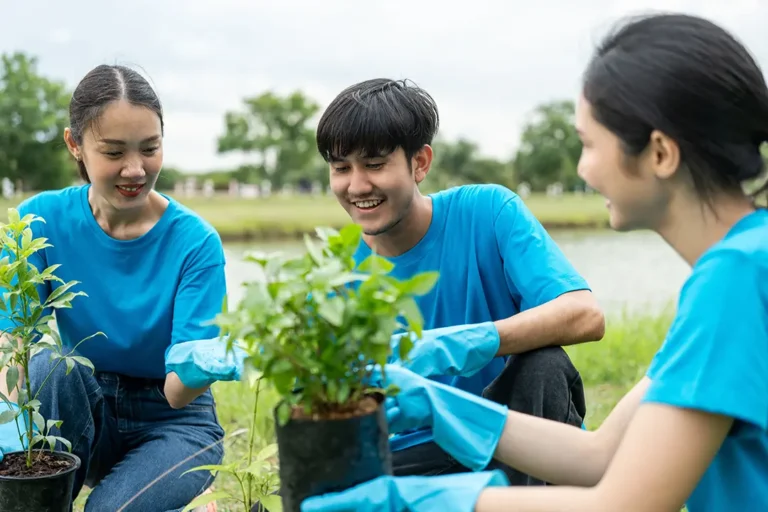
All is Connected
We live in an interconnected world: everything is interdependent and interrelated. We are intrinsically connected to the natural environment, it supports our life on earth. As humans, we are connected to each other through verbal and nonverbal exchanges. We are interconnected with distant people and environments through the decisions that we make. For example, when we purchase a digital product like an iPhone, we are connected with the people who supported the production of the iPhone and the environments that have provided materials to create the iPhone. This interconnection is something that many Indigenous cultures see and value. Interconnectedness is also a fundamental concept in Systems Thinking.
In parts of modern-day society, one could argue that this awareness has been lost sight of, valuing individualism over the interrelated whole. The results of this are everywhere. When individual needs are prioritised over the needs of the collective, our planet suffers. When we remember that we are interconnected with earth and all its inhabitants, that we ARE nature, the way we treat each other and our surroundings naturally shifts. This change can take place in our hearts as Peter Senge describes. When we see the world around us as an extension of ourselves, not separate, we are much more likely to want to care for it and each other.
Staying in Our Hearts
As outlined above, the challenges on our planet are complex and can be overwhelming. Eco-anxiety is a form of distress that includes feelings of helplessness, grief and fear from concerns about the state of the planet and climate crisis and is felt by many. With increasing polarisation, it is commonplace to need to relate to people with differing viewpoints and perspectives. How do we stay in our hearts when faced with challenges, opposing views and overwhelm? How do we guide our youth to do this?
In Be The Change, young people learn to connect with their ‘inner worlds’, using mindfulness to cultivate qualities they want to develop and learn to build a balanced state of calmness. Mindfulness practices can also connect people with their hearts. Even as little as ten mindful minutes a day can support positive shifts! Hope is a mental state of anticipating favourable outcomes. The ability to remain ‘in hope’ and the belief in a better future is crucial in these times. A great way to generate hope is to stay grounded in gratitude. Creating a ‘gratitude journal’ or a note of things we’re grateful for is a simple way to cultivate hope. The ability to meet others in an open-hearted way can reduce tensions around different perspectives. In Be The Change, students learn how to consciously choose an open-hearted perspective and see others with compassion. Understanding can be grown through awareness. When we are aware of the context people are in, it is easier to meet their perspectives from the heart. What does this look like in action? Asking questions, listening and learning about others with different viewpoints.
Changemaking from the Heart
A changemaker is someone who identifies social or environmental challenges in their community and takes innovative, collaborative action to solve them. Taking action towards positive change is more crucial than ever in our world - but how do we ‘changemake’ from the heart?
When nurturing our young changemakers, how do we help them to learn that motivations do matter, and that there is a difference between community action that is driven by the desire to put something on a university application and action that comes from the heart?

In Be The Change, young people learn about being open-hearted: warm, non-judgemental and approachable with others, recognising the interconnectedness of life. Taking an open-hearted approach to changemaking builds deeper connections with others and the environment. It signifies a deep, intrinsic motivation to create positive change. When we connect with the world from our hearts, seeing the interconnection of life and our part of the whole, we can’t help but become emotionally connected. Changemaking that comes from this place and connects with the vision of a better world is underpinned by a powerful emotional drive.
When personal values are authentically aligned with changemaking, actions taken become more genuine and impactful. Holistic learning that is centered around values will help young people to cultivate positive core beliefs and qualities which can support them to lead happy, fulfilled and purposeful lives. A focus on understanding the needs and perspectives of others supports changemaking that is compassionate and empathetic. Thoughtful actions foster a collaborative and heart-centered approach that is rooted in care for others.
Change is possible, and when it comes from the heart, it is even more impactful. Does this kind of change happen in your schools and communities? We’d love to hear more!

